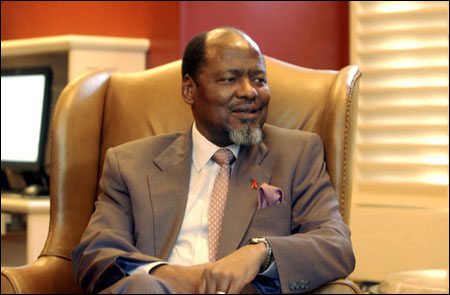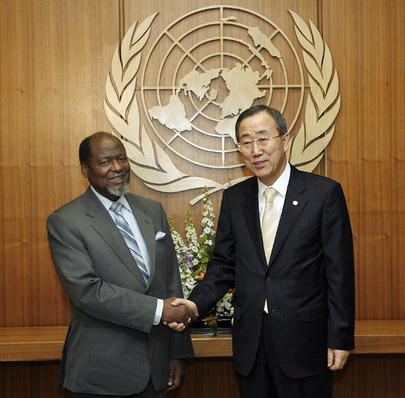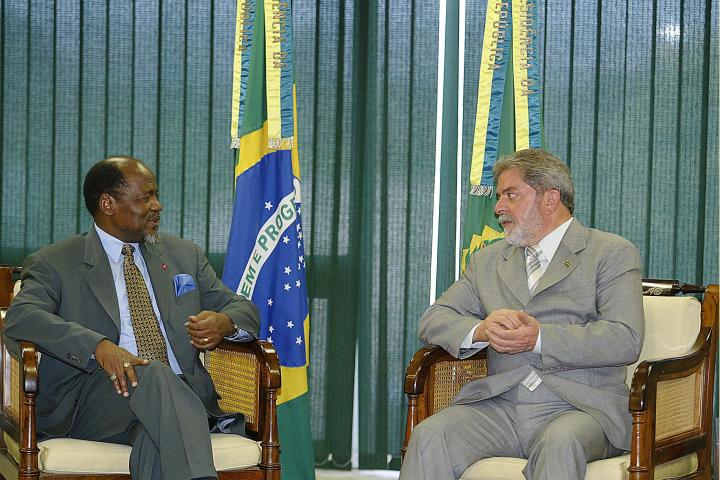<Back to Index>
- Physicist Clinton Joseph Davisson, 1881
- Composer Franz Liszt, 1811
- 2nd President of Mozambique Joaquim Alberto Chissano, 1939
PAGE SPONSOR
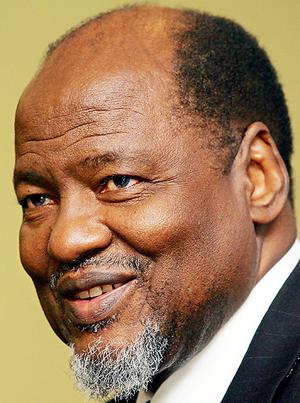
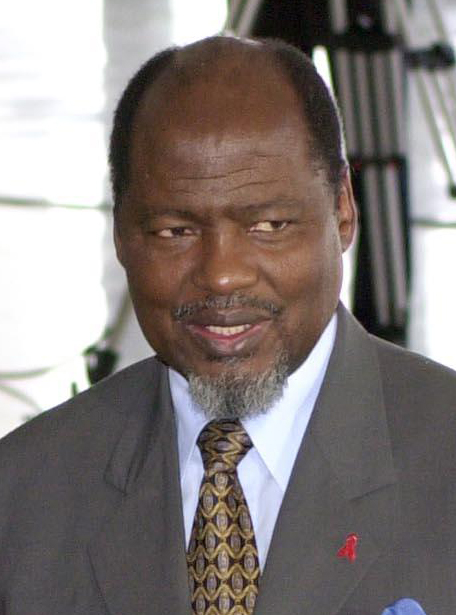
Joaquim Alberto Chissano (born 22 October 1939) served as the second President of Mozambique for nineteen years from 6 November 1986 until 2 February 2005. Since stepping down as president, Chissano has become an elder statesman and is called upon by international bodies, such as the United Nations, to be an envoy or negotiator. He currently chairs the Joaquim Chissano Foundation and the Forum of Former African Heads of State and Government.
Joaquim Chissano was born in the remote village of Malehice, Chibuto district, Gaza Province of the Portuguese colony of Mozambique (then called Portuguese East Africa). Chissano was the first black student to attend the only high school in the colony, Liceu Salazar in Lourenço Marques (present day Maputo), where he became a member and subsequently the leader of the Mozambican "African Secondary School Students' Organisation" (NESAM). After leaving secondary school, he went to Portugal to study medicine at the Faculty of Medicine of the University of Lisbon. Because of Chissano's political activism, his studies came to an end, and he fled to Tanzania via France.
Joaquim Chissano represented Frelimo, the Mozambique independence movement, in Paris during the 1960s. He was known there as a soft-spoken diplomat who worked to reconcile radical and moderate Marxist factions of the Frelimo party.
He went on to fight in the Mozambican War of Independence against the Portuguese colonial government and the authoritarian regime of the Estado Novo, by then engaged in a multi-front colonial war. By the time that Mozambique finally achieved its independence in 1975 as a result of the liberation struggle and the Carnation Revolution in Portugal, Chissano had risen to the rank of major-general.
The new president of Mozambique, Samora Machel, appointed him foreign minister where
he served for the next eleven years. In 1974, he participated in the
Lusaka talks which paved the way for the independence of Mozambique,
and subsequently became Prime Minister of the Transitional Government. Joaquim Chissano became president in 1986 when Samora Machel's presidential aircraft crashed in mountainous terrain in South Africa. After the Mozambican Civil War which saw the Renamo rebels
become a regular political party, he won multi-party elections in 1994
and again in 1999. In 1999, he defeated the former rebel leader, Afonso Dhlakama, by 52.3% to 47.7%. Chissano served as Chairperson of the African Union from July 2003 to July 2004. Chissano
chose not to run for a third term in the elections of 2004, although
the constitution would have allowed him to do so. Frelimo instead
selected Armando Guebuza as its candidate, who defeated Dhlakama by an even bigger margin of votes. Chissano left office at the end of his term in February 2005.
In 1992, Joaquim Chissano learnt the Transcendental Meditation technique.
Two years later, he ordered all military and police recruits to learn
and practice the technique, and 16,000 soldiers and 30,000 civilians
were taught the more advanced technique of Yogic Flying.
Chissano said: "First I started the practice of transcendental
meditation myself, then introduced the practice to my close family, my
cabinet of ministers, my government officers and my military. The
result has been political peace and balance in nature in my country." On 4 December 2006, the United Nations Secretary-General Kofi Annan appointed Chissano the Special Envoy of the Secretary-General to Northern Uganda and Southern Sudan, in an effort to bring about a comprehensive political solution to the ongoing conflict with the Lord's Resistance Army (LRA). Chissano was to closely liaise with the United Nations Office for the Coordination of Humanitarian Affairs (then led by Eliane Duthoit), and with the International Criminal Court (ICC), which had indicted LRA leader Joseph Kony and four other senior members of the LRA. At a ceremony in London on
22 October 2007, Chissano's 68th birthday, former UN Secretary-General
Kofi Annan announced that he had been awarded the inaugural $5 million Prize for Achievement in African Leadership awarded by the Mo Ibrahim Foundation and given to a former African leader who has shown good governance. Intended
to be awarded annually by the Mo Ibrahim Foundation, the prize of five
million dollars is spread over the course of ten years, plus $200,000
per annum subsequently. Mr Chissano is an Eminent Member of the Sergio Vieira de Mello Foundation and a Member of the Club of Madrid.
